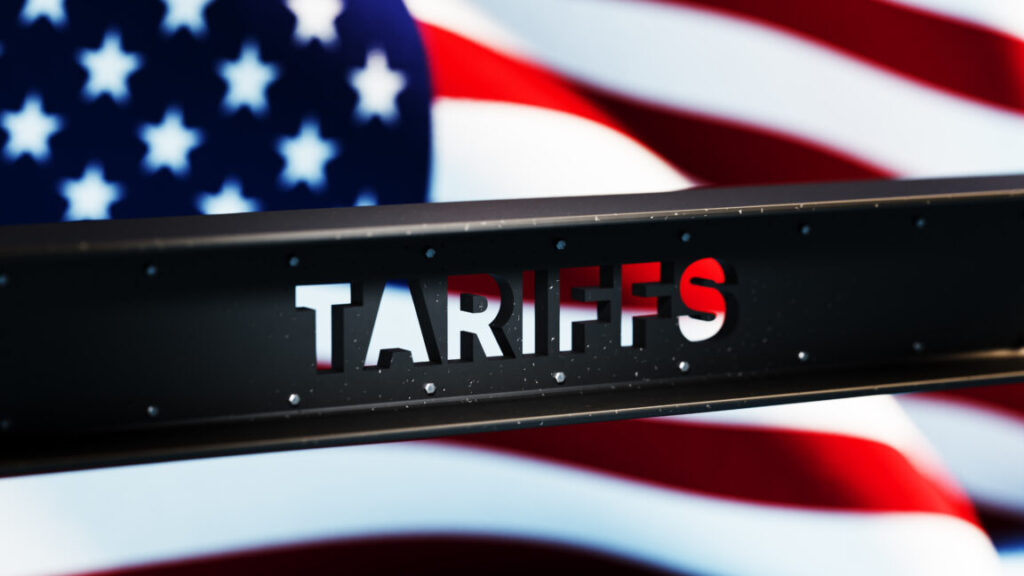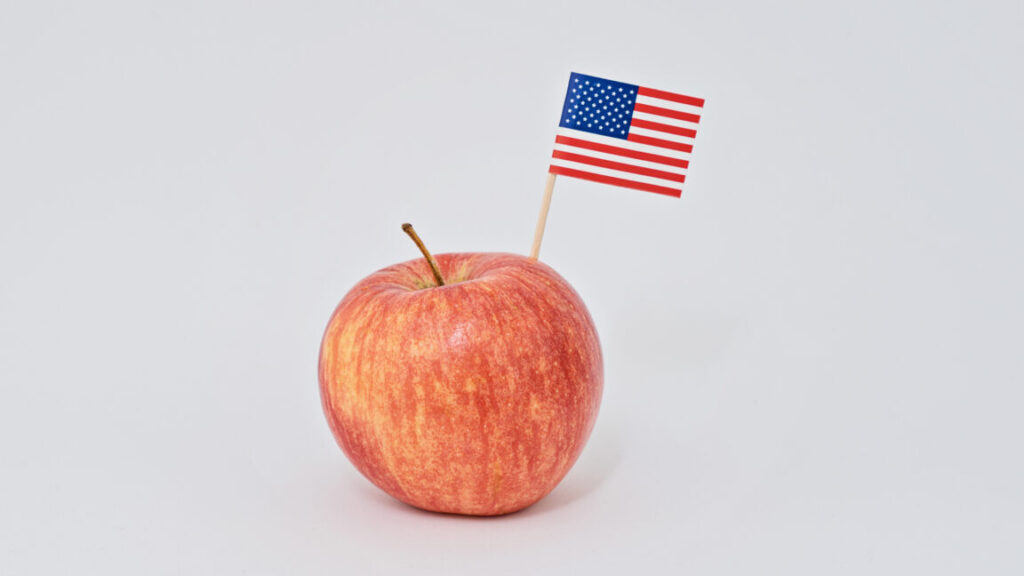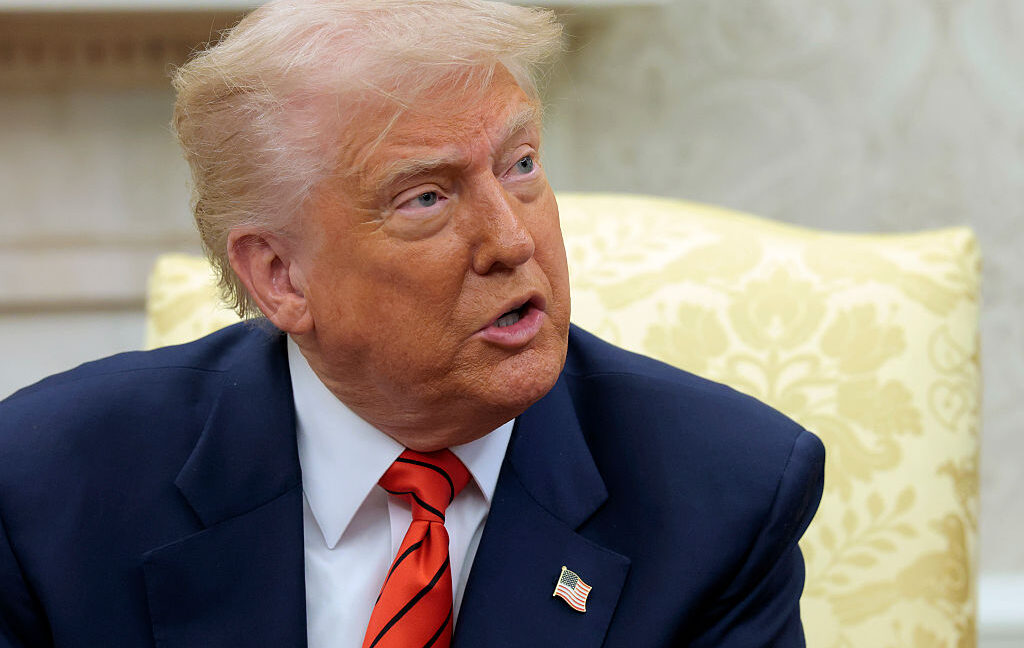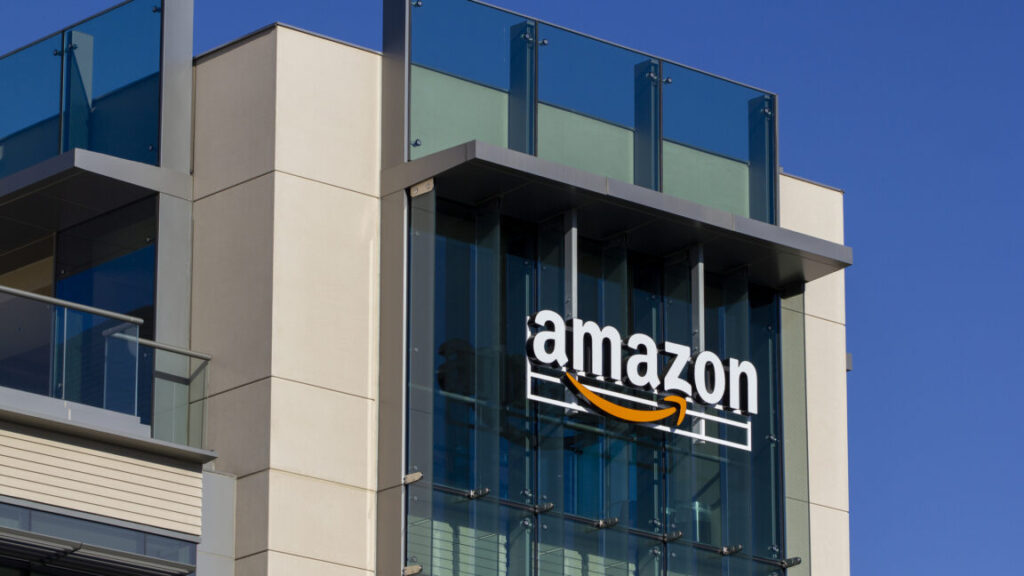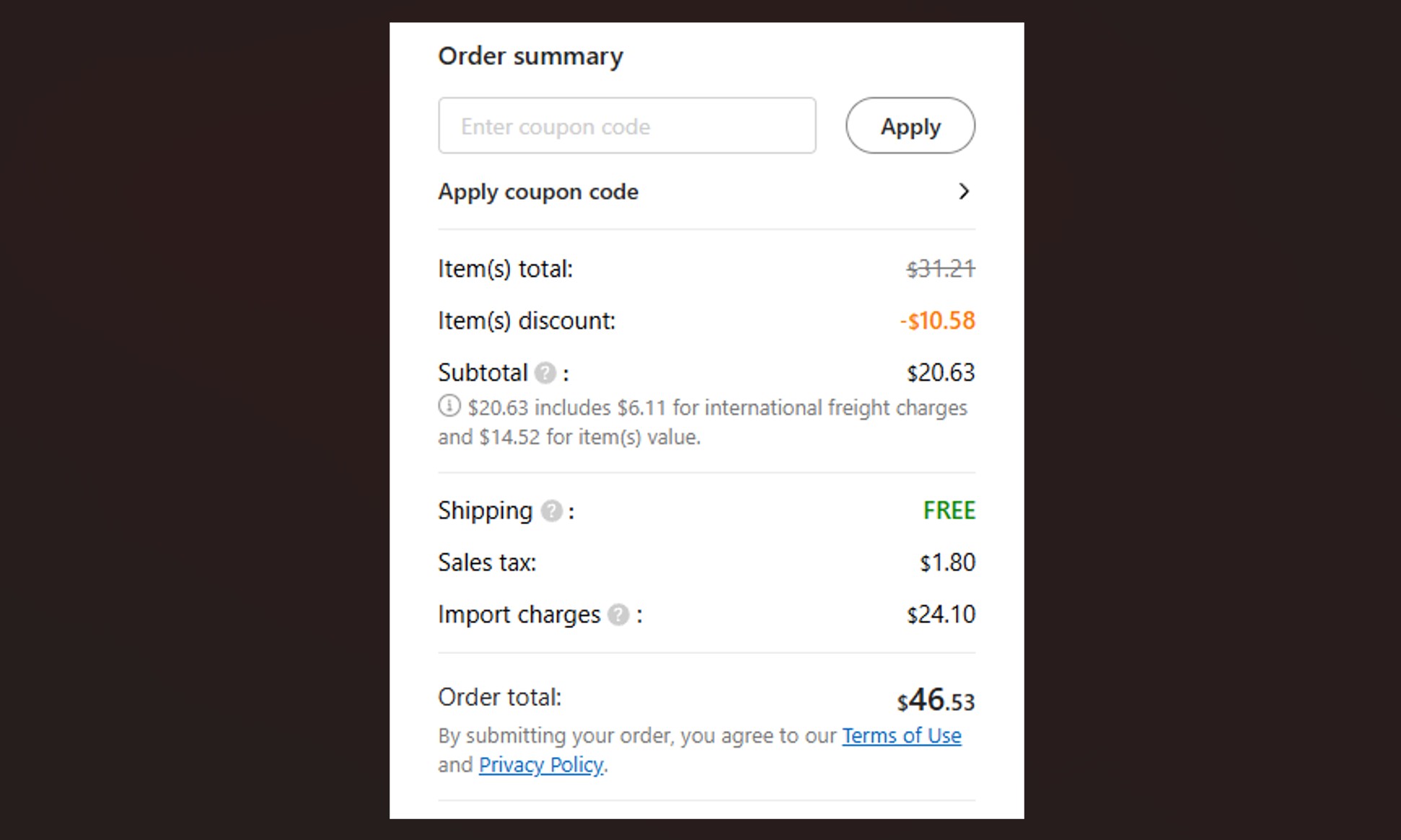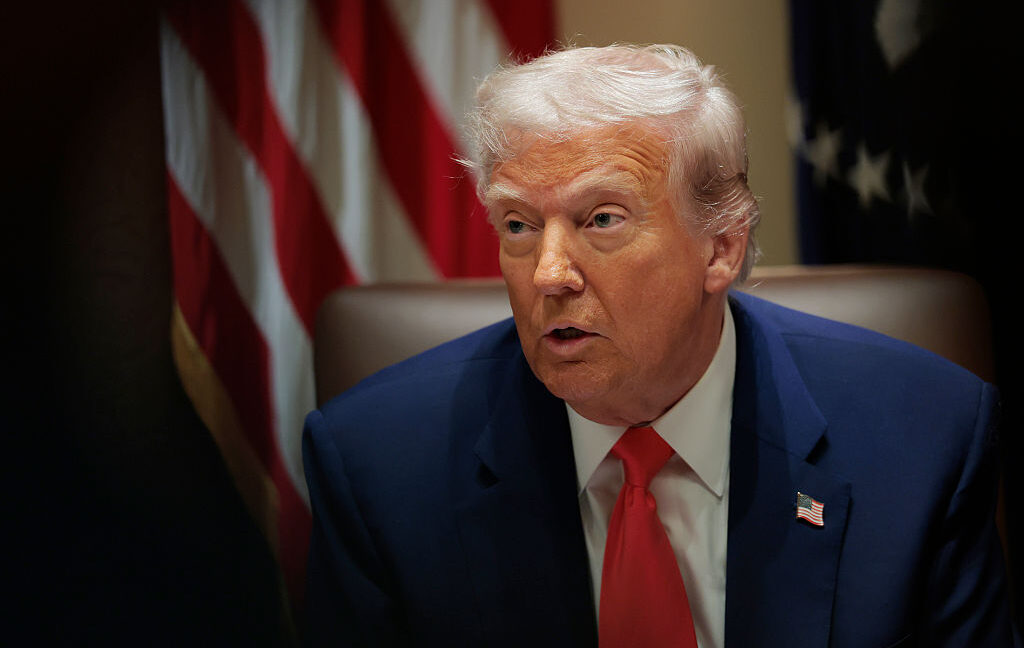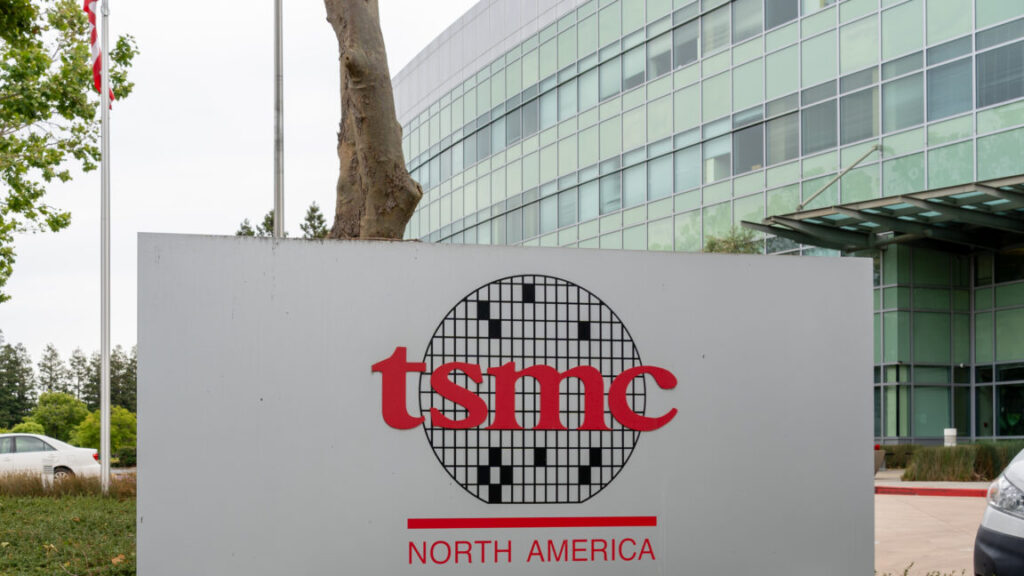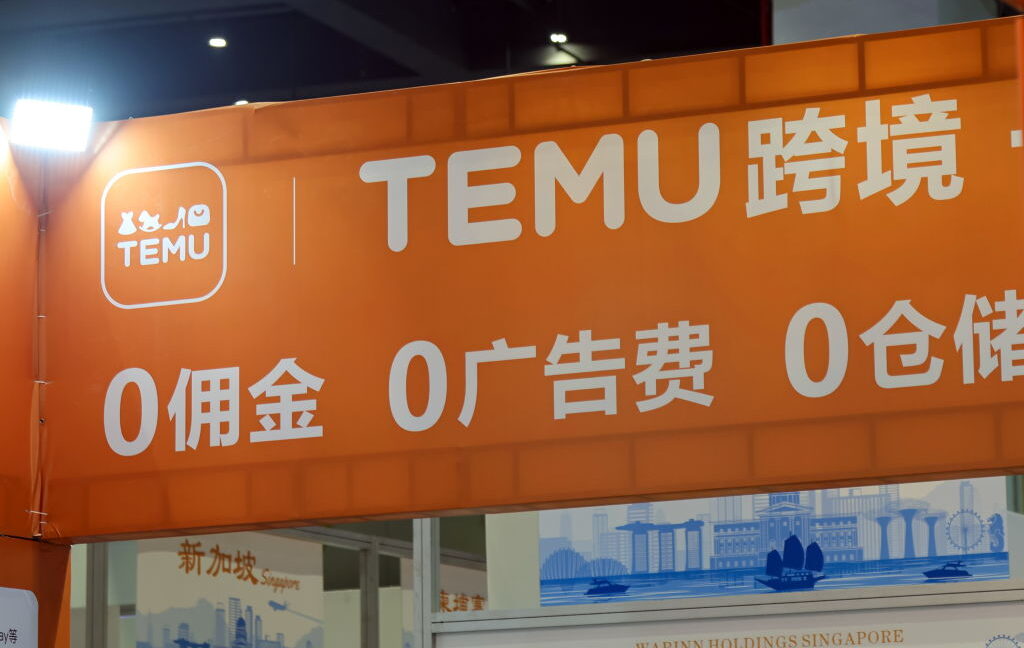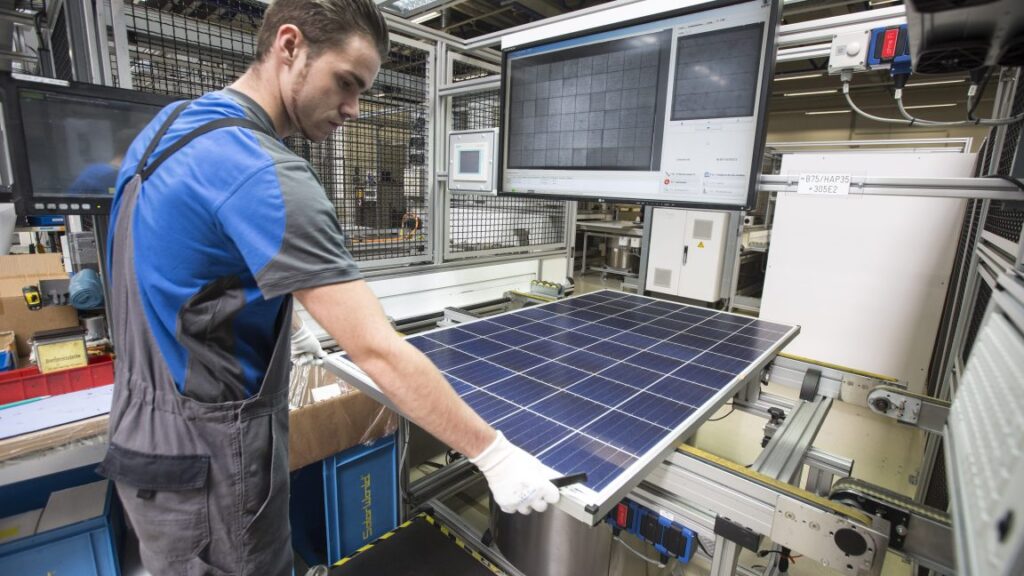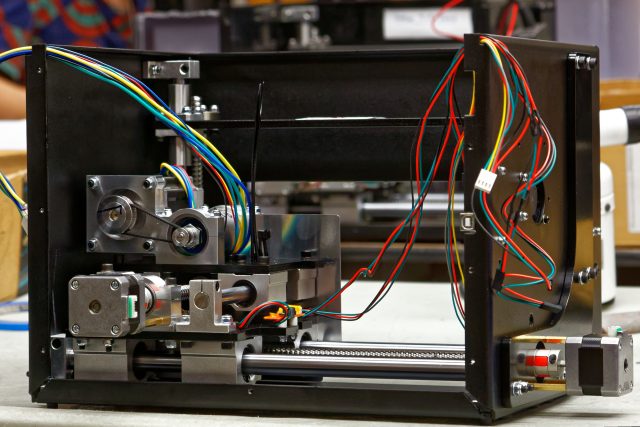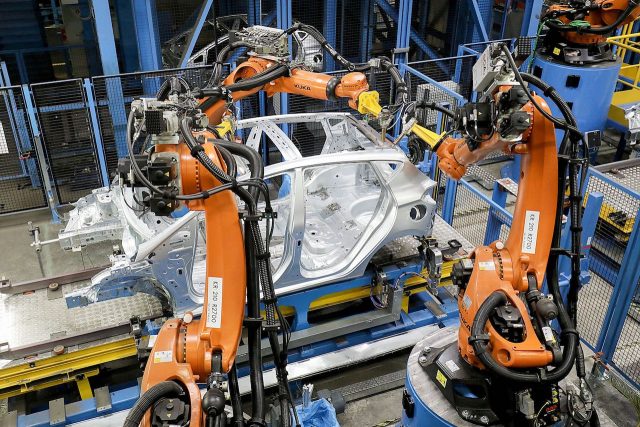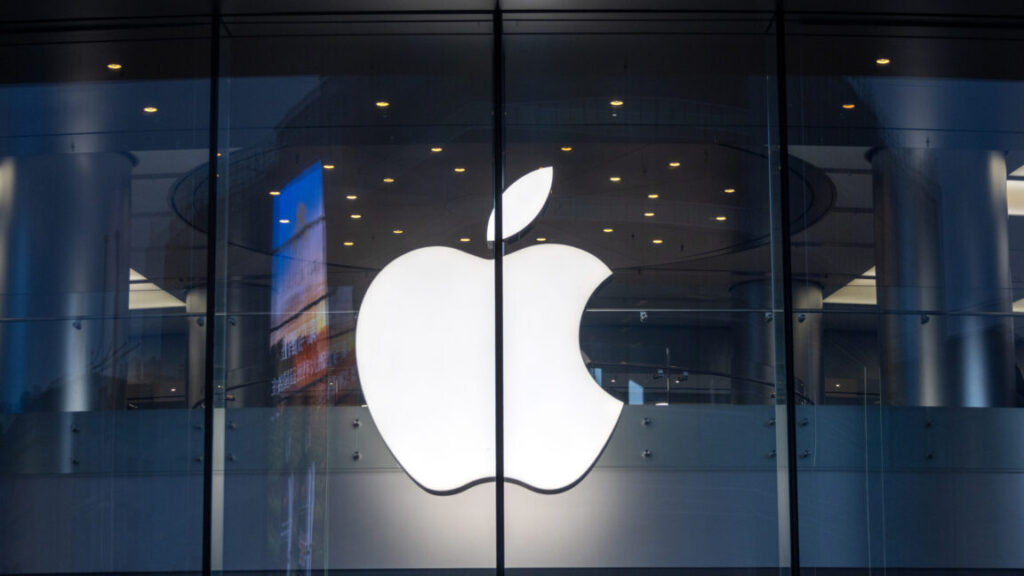Trade war truce between US and China is back on
Both countries agreed in Geneva last month to slash their respective tariffs by 115 percentage points and provided a 90-day window to resolve the trade war.
But the ceasefire came under pressure after Washington accused Beijing of reneging on an agreement to speed up the export of rare earths, while China criticized new US export controls.
This week’s talks to resolve the impasse were held in the historic Lancaster House mansion in central London, a short walk from Buckingham Palace, which was provided by the British government as a neutral ground for the talks.
Over the two days, the US team, which included Treasury Secretary Scott Bessent, Commerce Secretary Howard Lutnick, and US trade representative Jamieson Greer, [met with] the Chinese delegation, which was led by He Lifeng, a vice-premier responsible for the economy.
The negotiations were launched to ensure Chinese exports of rare earths to the US and American technology export controls on China did not derail broader talks between the sides.
Ahead of the first round of talks in Geneva, Bessent had warned that the high level of mutual tariffs had amounted to an effective embargo on bilateral trade.
Chinese exports to the US fell more steeply in May compared with a year earlier than at any point since the pandemic in 2020.
The US had said China was not honoring its pledge in Geneva to ease restrictions on rare earths exports, which are critical to the defense, car, and tech industries, and was dragging its feet over approving licenses for shipments, affecting manufacturing supply chains in the US and Europe.
Beijing has accused the US of “seriously violating” the Geneva agreement after it announced new restrictions on sales of chip design software to Chinese companies.
It has also objected to the US issuing new warnings on the global use of Huawei chips and canceling visas for Chinese students.
Separately, a US federal appeals court on Tuesday allowed some of Trump’s broadest tariffs to remain in place while it reviews a lower-court ruling that had blocked his “liberation day” levies on US trading partners.
The ruling extended an earlier temporary reprieve and will allow Trump to enact the measures as well as separate levies targeting Mexico, Canada, and China. The president has, however, already paused the wider “reciprocal” tariffs for 90 days.
Trade war truce between US and China is back on Read More »
